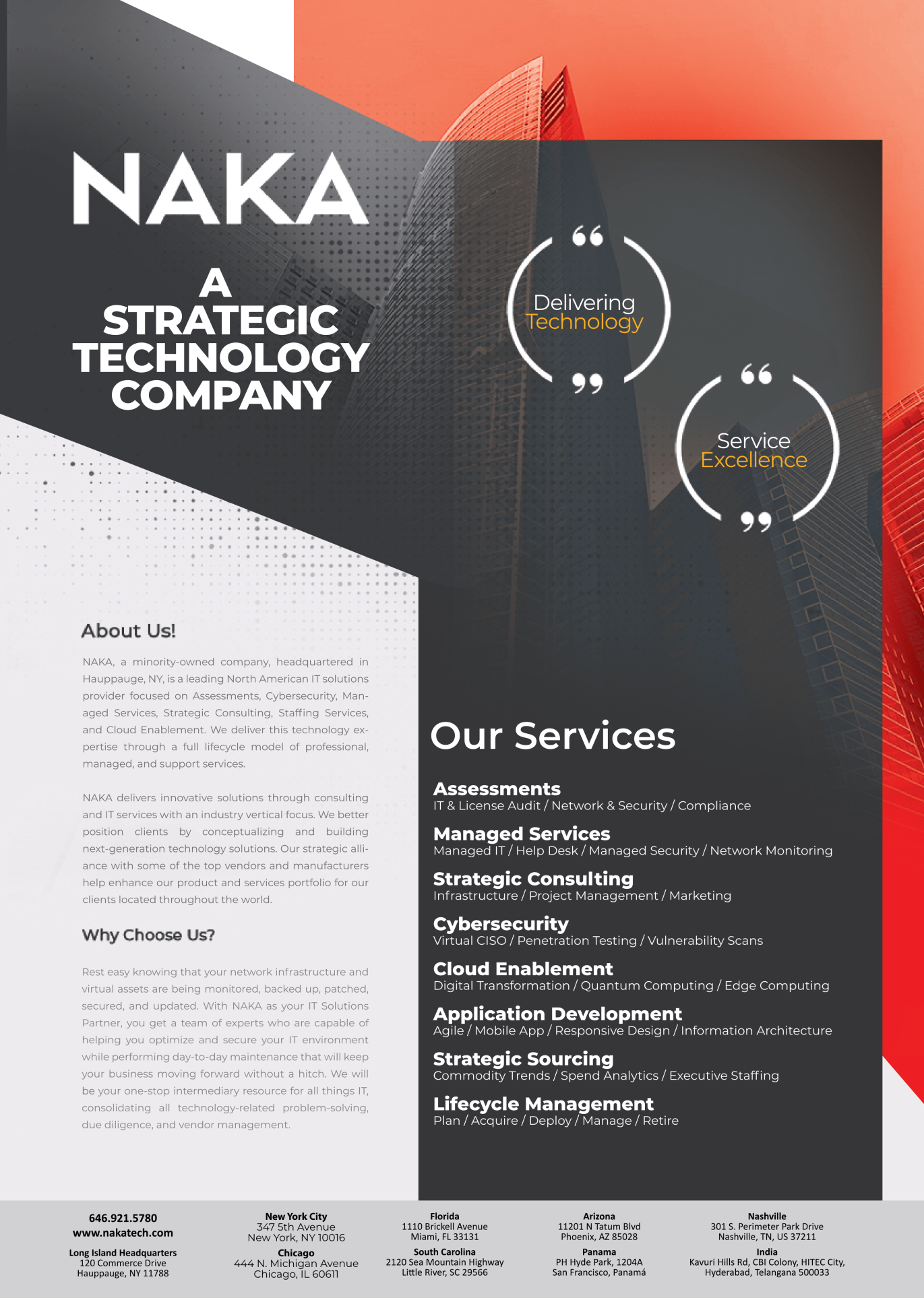The Role of DevOps in Modern Managed Services

In the rapidly evolving landscape of IT management, businesses are continually seeking ways to enhance efficiency, streamline operations, and ensure the seamless functioning of their digital infrastructures. One of the key methodologies at the forefront of this transformation is DevOps, playing a pivotal role in the realm of modern managed services. In this blog post, we’ll explore the significance of DevOps and how it contributes to the success of managed services, unraveling its key aspects in easy-to-understand terms.
Introduction to Managed Services and DevOps:
Managed Services: Managed services have become indispensable for businesses aiming to offload the complexities of IT management. From infrastructure maintenance to security and beyond, managed services providers take on the responsibility of ensuring optimal performance, allowing businesses to focus on their core competencies.
DevOps: DevOps, short for Development and Operations, is a collaborative approach that combines the efforts of software development and IT operations teams. Its primary objective is to automate and streamline the processes involved in software delivery and infrastructure management.
The symbiotic relationship between Managed Services and DevOps
- Continuous Integration (CI) and Continuous Deployment (CD): CI/CD is the engine that keeps the DevOps machine running smoothly. It’s all about automating the integration of code changes and swiftly deploying them. This automation results in faster release cycles – meaning software updates are rolled out quickly, reducing errors and fostering better collaboration between the development and operations teams.
- Infrastructure as Code (IaC): Think of IaC as the magician’s wand for managing infrastructure through code. It automates the process of setting up and configuring infrastructure elements. This magical approach brings greater scalability, consistency, and the ability to deploy resources rapidly, all while minimizing the chances of human errors.
- Automated Testing: In the world of DevOps, automated testing is the superhero that swoops in at every stage of development to ensure the software is as bug-free as possible. Early detection of bugs means faster development cycles, improved software quality, and a more reliable end product.
- Monitoring and Logging: DevOps introduces real-time monitoring and logging to keep an eagle eye on the performance of applications and infrastructure, ready to spot and tackle any issues that arise. With enhanced visibility, problems are resolved faster, and the overall system reliability is improved, ensuring a smooth digital operation.
- Collaboration and Communication: DevOps is like the maestro orchestrating a symphony, emphasizing collaboration and open communication between all players, from developers to operations teams. This collaborative culture increases efficiency, breaks down silos between different departments, and speeds up problem-solving – crucial for a well-tuned operation.
- Efficiency Gains: DevOps brings efficiency by automating repetitive tasks and making processes smoother, akin to having a helpful robot take care of routine work. Time and cost savings are the rewards. With less time spent on repetitive tasks, resources are freed up to focus on more strategic initiatives, propelling the business forward.
- Agile Responsiveness: DevOps allows businesses to adapt quickly to changes, much like a skilled gymnast who can effortlessly adjust their routine based on the judges’ feedback. Being agile means faster time-to-market for products, increased competitiveness, and the ability to respond promptly to customer needs. It’s like having the flexibility to dance to any tune.
- Risk Mitigation: DevOps acts as a shield against risks by automating testing, ensuring security measures, and standardizing processes. It’s like having a superhero suit that protects you from potential dangers. Enhanced reliability, improved security, and minimized business disruptions are the outcomes. The superhero suit ensures that your business operations remain resilient.
Why DevOps Matters in Managed Services?
- Continuous Improvement with Automation: DevOps introduces a dynamic approach to continuous improvement by automating repetitive tasks and processes within Managed Services. This automation results in time and resource savings, allowing Managed Service providers to focus on refining and enhancing their service offerings.
- Swift Adaptation to Change: DevOps brings agility to Managed Services, enabling quick adaptation to changing requirements and evolving market demands. This agility ensures that Managed Services can swiftly respond to client needs, staying ahead in the competitive landscape.
- Reliable Service Delivery: The automated testing processes embedded in DevOps practices contribute to the reliability of service delivery in Managed Services. Early detection of issues through automated testing translates to fewer disruptions and a more consistent and reliable service for clients.
- Efficient Collaboration Between Teams: DevOps emphasizes collaboration and open communication between development and operations teams in Managed Services. This collaborative culture ensures that the Managed Service providers work seamlessly as a team, breaking down silos, and resulting in efficient problem-solving.
- Mitigating Risks Through Standardization: DevOps introduces standardized processes that reduce the risk of errors and system failures in Managed Services. With a standardized approach, Managed Services providers can ensure a more secure and stable environment for their clients, minimizing potential risks.
- Accelerated Time-to-Market: DevOps practices streamline development and deployment cycles, reducing the time it takes to bring new features or updates to market within Managed Services. This acceleration in time-to-market enhances the competitiveness of Managed Service providers and allows them to meet client needs more promptly.
- Enhancing Client Satisfaction: The efficiency, reliability, and agility brought about by DevOps ultimately contribute to a higher level of client satisfaction within Managed Services. Satisfied clients are more likely to remain loyal, refer others, and engage in long-term partnerships with Managed Service providers.
Conclusion
In conclusion, the integration of DevOps practices with managed services brings about a transformation in the way businesses operate and deliver IT services. The synergy between these two approaches leads to increased efficiency, faster time-to-market, and a proactive response to challenges. As businesses navigate the complexities of the modern digital landscape, embracing the role of DevOps in managed services becomes not just a choice but a strategic imperative for sustainable success.



